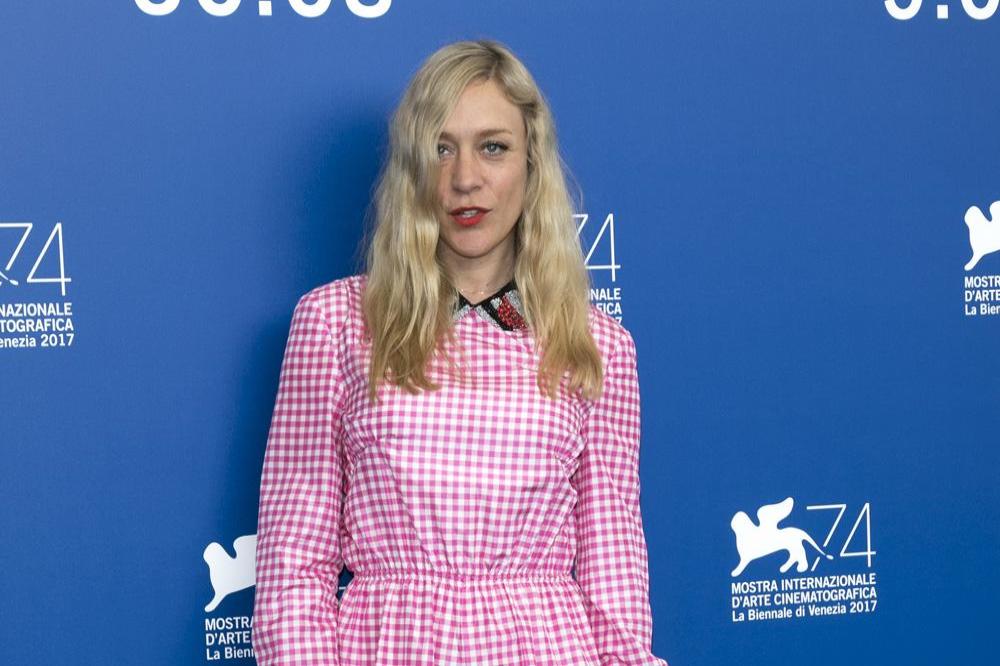Chloe Sevigny supports the Time's Up movement but isn't "aligned" with the campaign.

Chloe Sevigny
Time's Up was created in January 2018 by numerous Hollywood stars as a response to the sexual harassment scandal that embroiled the movie industry following the accusations of serious sexual misconduct made against producer Harvey Weinstein and actor Kevin Spacey as well as other men in the business.
It was preceded by the #MeToo social media hashtag which was launched to encourage victims of sexual abuse to come forward.
When discussing her new movie 'Lizzie' in an interview with Playboy magazine, Sevigny was asked what the reaction to the true story of misogynistic abuse and murder had been in screenings in the wake of the #MeToo campaign.
Revealing her feelings to the two linked movements, the 43-year-old actress said: "I mean, look at the Bridget character [in the film]. She couldn't speak out and there was no one to help her. Anything that can empower women to find their voice, to seek help, or feel emboldened, I want to be a part of that. With Time's Up - I'm not necessarily aligned with them - but I believe in what they're doing, and if they help women with funding, lawsuits and finding their voices? I'm all for that."
'Lizzie' tells the true story of American woman Lizzie Borden who was tried and acquitted for the 1892 axe murders of her father Andrew Borden and stepmother Abby in Fall River, Massachusetts.
In the wake of her acquittal the Commonwealth of Massachusetts elected not to charge anyone else with the murder of the couple but speculation and theories continue to surround the killings more than 100 years later, with Lizzie still considered to be the prime suspect, with one motive being that she killed her parents after being caught in a lesbian tryst with the housemaid Bridget Sullivan.
The movie explores the potential relationship between Lizzie and Bridget - played by Sevigny and Kristen Stewart - and the abuse they suffered at the hands of Andrew and Abby and the actress pitched the film for eight years before it got made because she felt the story needed to be told.
Sevigny said: "I mean, Lizzie's an outlaw. Part of the reason why she got off was because these 12 men couldn't imagine a woman performing these acts, and I think it's shocking seeing a woman performing that kind of violence on screen, in the nude, as you will here ... The murders are still unsolved and there are so many theories, but I don't think there's one that hasn't been explored because there are so many books. Bridget was in the proximity of where the murders happened and a pivotal witness in trial. We wanted her to be involved, and everybody loves a good love story. We wanted to give Lizzie that escape. We've always thought of her as tortured and having no love and being in this old household ... She did develop a relationship with actress Nance O'Neil, and her sister abandoned her after her trials, supposedly because she disapproved of her lifestyle. So there were a lot of things that pointed to that. Also, it was more about smashing the patriarchy ... I think she (Lizzie) saw that it was her only way out. She knew the abuse that was going on with Bridget, and she wanted to save Bridget and herself. She had this idea of them running off into the sunset together."
Tagged in Chloe Sevigny Kristen Stewart

